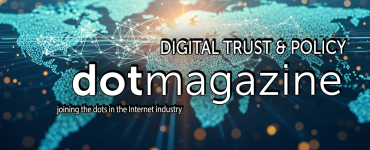- The German public considers Net Neutrality to be important
- A clear majority want to decide for themselves how to prioritize services
- eco supports the proposed European compromise
The topic of Net Neutrality has arrived in the public sphere – just on time for the upcoming decisive debate in the European Parliament at the end of October 2015. According to a representative survey carried out by the market researchers YouGov for eco – Association of the Internet Industry, 81% of Germans are in favor of Net Neutrality. Over half of the respondents (54%) answered that they consider the principle of Net Neutrality to be very important or extremely important. 70% agree with the statement that they would like to decide for themselves about which services they wish to access, at which priority and which speed. The readiness to pay for a fast lane in the Internet is more reserved though. Only 11% of respondents stated that they would pay in order to use certain services (e.g. videos or games) in better quality online. However, the market could develop over time.
It is striking that over 20% of the young target group of 18 – 24 year olds are prepared to pay for special services online. “The results show that there is indeed a demand for special services on the user side. Politics and the market have the shared challenge of finding regulations that promote the development potential of this innovative market, but also ensure discrimination-free, open Internet for everyone,” says Oliver Süme, eco Director of Policy and Law
Proposed European compromise enables transparency and competition
Political regulation of Net Neutrality is currently being decided upon at the European level. The Industry Committee leading the debate in the European Parliament (the ITRE) decided in mid-October to recommend that the plenum adopt the current draft of the directive for a common European single market for electronic communication. The draft includes regulations related to Net Neutrality. eco supports the compromise that has been found here. The proposal offers the legal framework for quality-secured IP services, without simultaneously discriminating against other services and applications; something that eco has long called for. “This approach enables transparency as well as competition and delivers the legal foundation for innovative services and new business models in the Internet”, says Süme.



